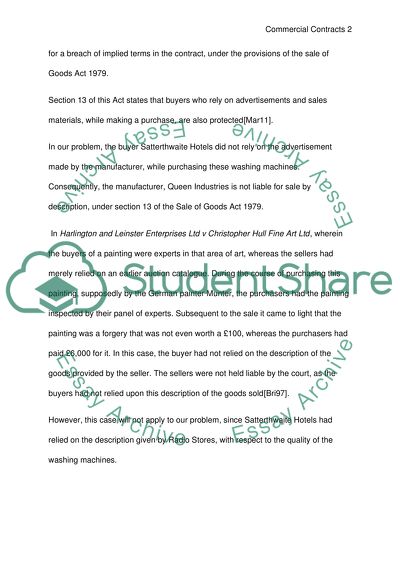Cite this document
(“Commercial Contracts Problem Question Assignment: Queen Industries Ltd Essay”, n.d.)
Commercial Contracts Problem Question Assignment: Queen Industries Ltd Essay. Retrieved from https://studentshare.org/law/1463587-commercial-contracts-problem-question-assignment
Commercial Contracts Problem Question Assignment: Queen Industries Ltd Essay. Retrieved from https://studentshare.org/law/1463587-commercial-contracts-problem-question-assignment
(Commercial Contracts Problem Question Assignment: Queen Industries Ltd Essay)
Commercial Contracts Problem Question Assignment: Queen Industries Ltd Essay. https://studentshare.org/law/1463587-commercial-contracts-problem-question-assignment.
Commercial Contracts Problem Question Assignment: Queen Industries Ltd Essay. https://studentshare.org/law/1463587-commercial-contracts-problem-question-assignment.
“Commercial Contracts Problem Question Assignment: Queen Industries Ltd Essay”, n.d. https://studentshare.org/law/1463587-commercial-contracts-problem-question-assignment.


